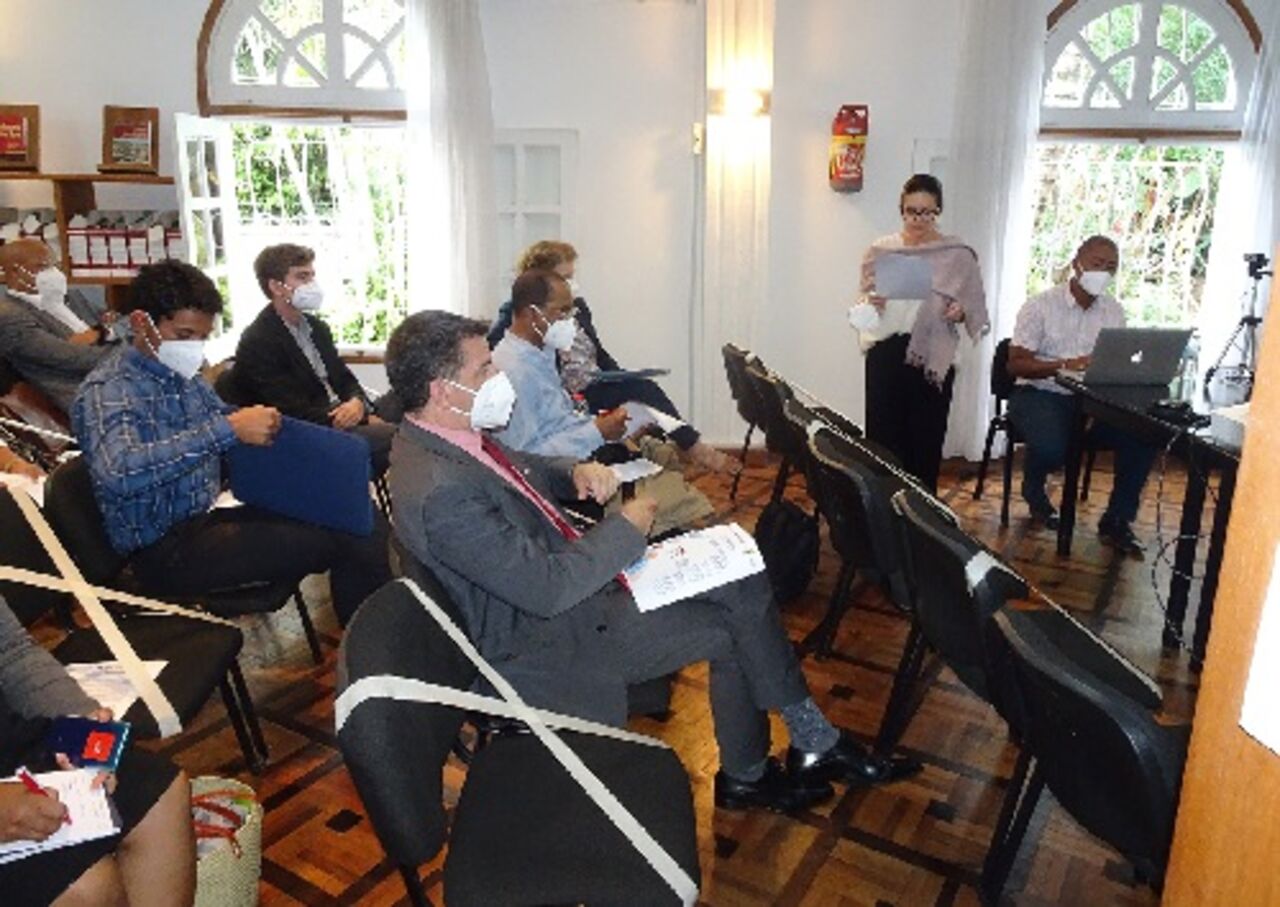In 2020, Université Gustave Eiffel coordinated and submitted the PIONEER Alliance, a European university Erasmus+ project, with the University Institute of Lisbon (Portugal), Cologne University of Applied Sciences (Germany), Laurea University of Applied sciences (Finland), the National Technical University of Athens (Greece) and the University of Žilina (Slovakia). Although the project was rejected, despite receiving a good score, the alliance set up between the partners will provide a starting point for multiple Erasmus agreements and the preparation of responses to Horizon Europe calls for proposals.
The alliance will fundamentally transform the partner universities by creating a network of campuses in connection with cities and citizens’ needs. The aim is to co-create and integrate personalised approaches based on challenges and practical learning in programmes related to research and innovation. The alliance is composed of 93,200 students, 8,500 members of staff and 17 campuses.


